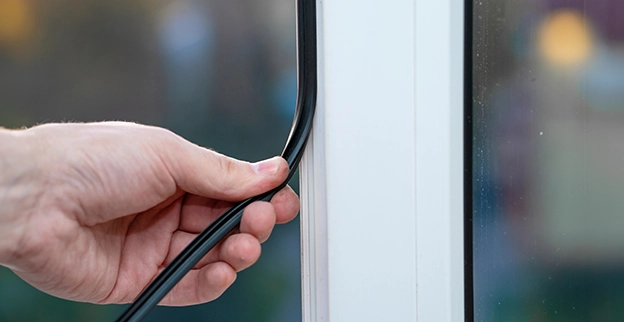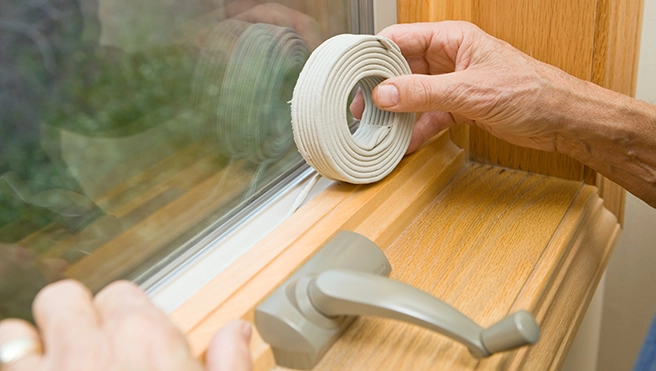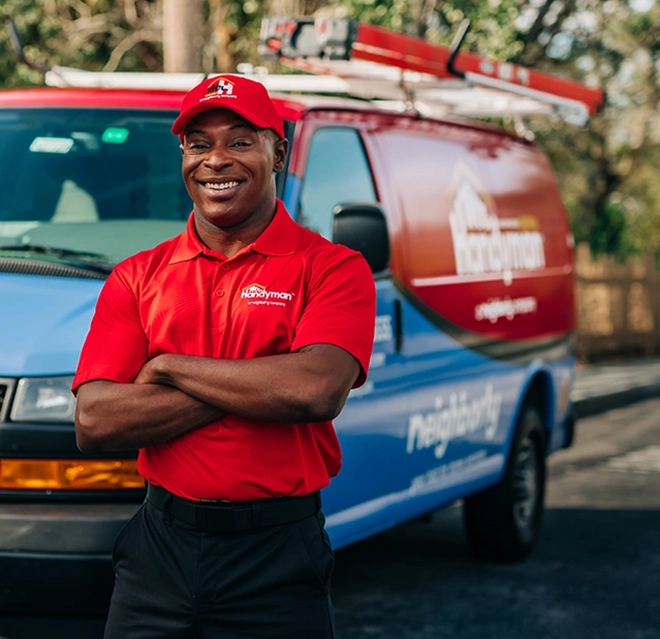Windows are essential to your home’s appearance, comfort, and energy efficiency. However, over time, wear and tear can cause the seals, weather stripping, and caulking around your windows to deteriorate, leaving gaps that can lead to air drafts and moisture intrusion.
This can not only affect your home’s comfort but can also lead to increased energy costs and potential damage to your property. Here are some of the key reasons why window weatherproofing is important:
1. Energy Efficiency
The most significant reason to weatherproof your windows is to improve energy efficiency. Drafts from poorly sealed windows can cause your HVAC system to work overtime, leading to higher heating and cooling costs. Proper window weatherproofing prevents warm air from escaping during the winter and keeps cool air inside during the summer, ultimately reducing your energy bills.
2. Enhanced Comfort
Drafty windows can make specific rooms in your home uncomfortable, especially during extreme weather conditions. Cold drafts in the winter or hot, stuffy rooms in the summer can make your living spaces less inviting. Weatherproofing your windows ensures that your home remains at a comfortable temperature, regardless of the weather outside.
3. Moisture Prevention
Improperly sealed windows can allow moisture to seep in, which can lead to water damage, mold growth, and even structural damage. By properly weatherproofing your windows, you can prevent water from entering your home, preserving both the integrity of your property and your health.
4. Noise Reduction
Weatherproofing your windows can also help reduce noise from outside. Whether you live in a busy neighborhood or near a highway, properly sealed windows can create a more peaceful indoor environment by blocking out unwanted noise.
5. Increased Home Value
If you are considering selling your home, window weatherproofing can make your property more attractive to potential buyers. Energy-efficient homes are highly desirable, and by ensuring your windows are properly sealed, you demonstrate that you’ve taken steps to improve the home’s value and functionality.


